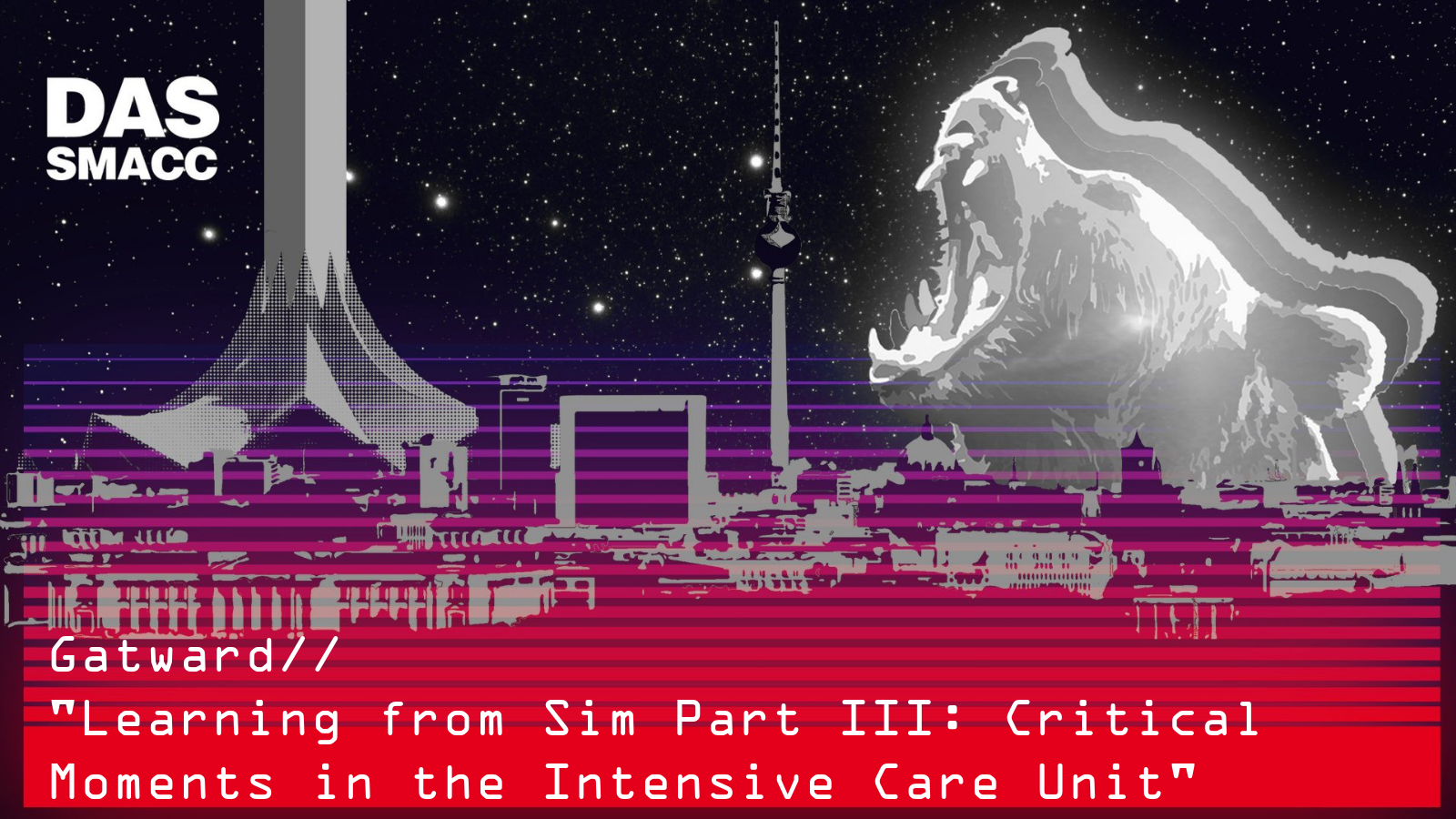The Purpose and Effect of Fear in Surgery and Medicine: Ross Fisher
For Ross Fisher there are things that scare him. And he knows there are things that scare you too.
Ross discusses the purpose and effect of fear in medicine and surgery. Whoever you are and whatever you do, there are things that you are afraid of. It is not stress, it’s fear, it’s real and it affects us.
Ross wants you to know, it is okay to be afraid.
Being afraid is recognising a threat and realising that there is a limitation to your ability, and that you have reached that point.
Ross describes three moments in his career that he has felt fear. Real fear, that was different to stress.
Moments before operating on a preterm neonate of 29 weeks.
Believing he had transected the common iliac artery in a haemorrhaging 9-year-old during a removal of a Wilm’s tumour.
And being reported for malpractice by a colleague.
In each situation, Ross felt fear. What does fear do to a person? It is different to stress.
Stress in critical care medicine is part of the job. In fact, it is necessary to reach a performance state.
Fear on the other hand is when an individual is way into the “red zone”. Your hands shake so much that you cannot perform tasks. Your head pounds from tachycardia and hypertension. You breathe so fast it is like you have just finished a run. Your focus is directed at one thing only and you can no longer appreciate your surrounds, nor any inputs from your senses.
You cannot think, you cannot remember, you cannot calculate, and you cannot make decisions. That is what it is to be afraid.
Fear affects us acutely. However, it also affects those around us. Similar to how a yawn will spread person to person, fear can spread through a group.
This is particularly true when the person showing fear is a senior person or leader. The reason things go wrong in stressful situations is not because of a lack of knowledge or training. Rather it is due to poor performance as a result of fear.
So, Ross wants us to acknowledge our fear. He wants us to recognise how common it is, and how we can confront our fears and no longer be fearful if we stand together.
The Purpose and Effect of Fear in Surgery and Medicine: Ross Fisher
For more like this, head to our podcast page. #CodaPodcast
Ross Fisher
Paediatric Surgeon at Sheffield Children’s Hospital, Sheffield UK. Visiting Professor at St Emlyn’s in Virchester. His alter ego has a few ideas about presentation skills. Last year cycled over 3000kms, the majority in his garage.





